Breast cancer is the leading cancer among women worldwide. There are 2 million new cases every year, of which 1.6 lakh cases are from India. In India breast cancer has recently overtaken cervical cancer as the most common cancer in women. The incidence is higher in urban areas because of lifestyle and environmental factors.
Every year, 87,000 women succumb to breast cancer in India, largely because in so many cases it is detected in late stages. There is still an element of taboo and stigma around breast cancer in India, because of which women often don’t approach a doctor until it is too late. The best way to beat breast cancer is early detection.
Early detection of breast cancer can save a life. Being aware can help you spread the message to people you know: family, friends, neighbours, and colleagues.
There Are 4 Key Things We Should All Pay Attention To When It Comes To Breast Cancer
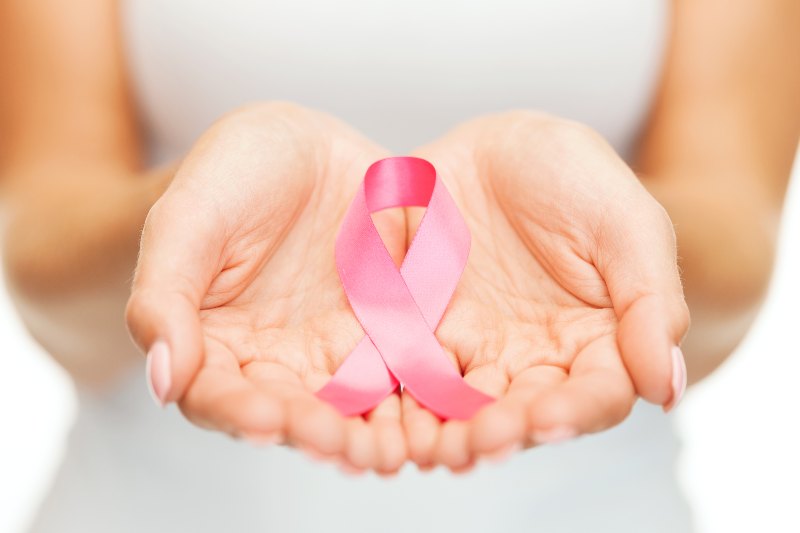
1. There Are Certain Lifestyle Modifications That Can Help Reduce The Risk Of Breast Cancer:
Maintaining a healthy weight and body mass index, eating a diet rich in fruits and vegetables and low in processed food and red meat, plus limiting alcohol consumption are all steps that can lower your risk of developing breast cancer. Breastfeeding also lowers the risk of breast cancer. One other very important aspect is that regular exercise can provide protection against breast cancer, but women often don’t prioritise their health. Even just brisk walking 5 days a week can be very beneficial.
2. Early Detection Of Breast Cancer Is The Key To Better Outcomes:
If breast cancer is detected early, the cure rate can be as high as 100%. The later it is detected, the more aggressive the treatment needed. Regular screening via self-breast exam, clinical breast exam, or mammograms can help catch the cancer at an early stage. Especially if there is a strong family history of breast cancer (in the immediate family – parents, siblings, first degree relatives), regular screenings are a must. Early detection opens up a lot more options for the patients. Breast conservation is possible instead of complete removal of the tumour is detected early.
3. Breast Cancer Treatment Is Now Much More Patient-friendly:
Today, because a lot more is known about the disease, treatments have also become more sophisticated. Oncologists now have the option of prescribing better drugs and therapies, and can manage and minimize side effects to a large degree. In many cases of breast cancer, chemotherapy itself may not be required. There are prognostic tests now available that help assess which patients have a very low risk of relapse and can safely avoid chemotherapy without compromising outcomes. Patients should ask their doctors about the latest options available today.
4. Health Insurance Is Very Important To Help Cope With The Cost Of Breast Cancer Treatment:
People fear cancer treatment more than the disease itself. This is often because they equate cancer treatment as having a high price tag. Various types of costs can add up during diagnosis, treatment, and recovery. Breast cancer treatment spans a few months and often comprises surgery, chemotherapy, radiotherapy, and hormone therapy. Add to this the high cost of the newest drugs like targeted anti-HER2 therapy and immunotherapy, and it can take a steep financial toll on a family. This is the reason why comprehensive medical insurance against cancer has become the need of the hour.
Awareness about the 4 things outlined above can help combat breast cancer. You can check out more facts about cancer on our blogs on health and diseases. During the current pandemic, breast cancer diagnosis and treatment have taken a step back. This is a cause for worry because a curable disease can progress to incurable if not treated in time. Breast cancer waits for nothing, not even a pandemic. October is breast cancer awareness month and hopefully leads to a renewed focus on prevention and early detection.





 1800-270-7000
1800-270-7000


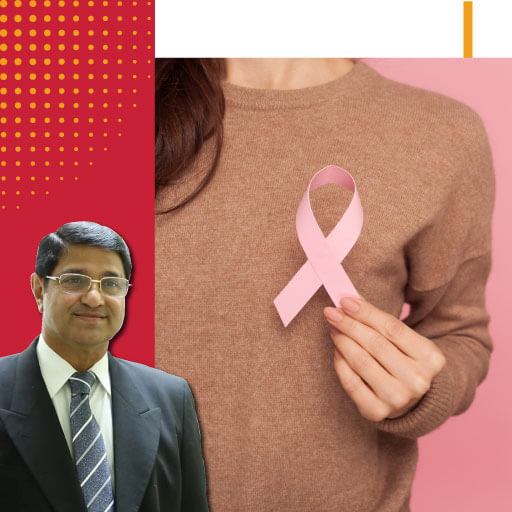
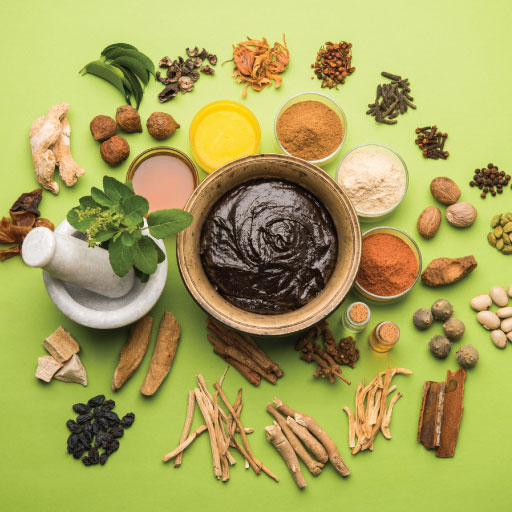
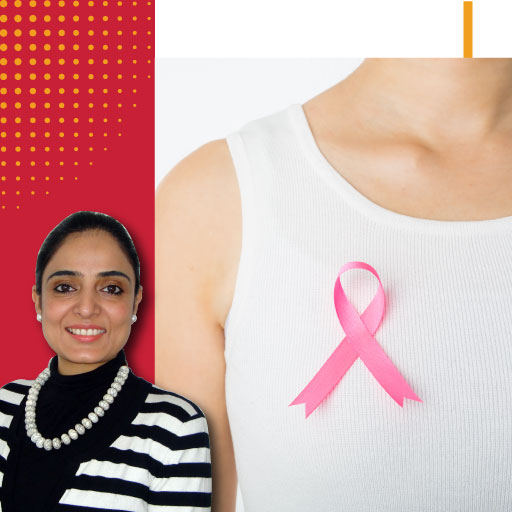
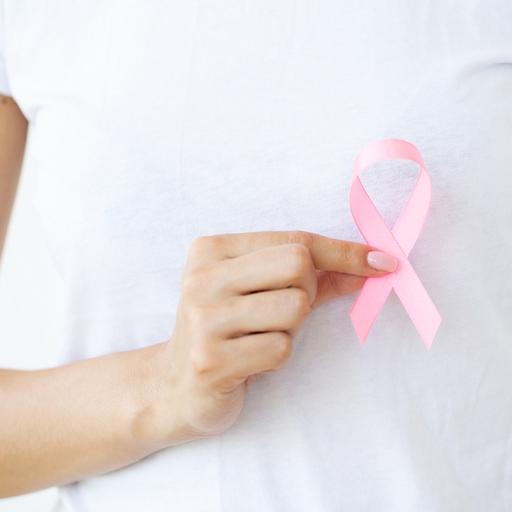
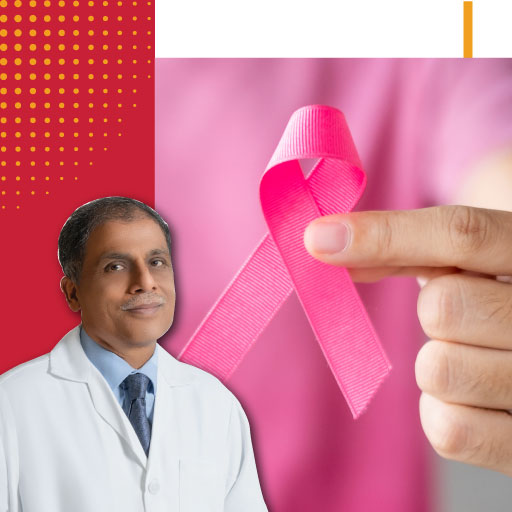
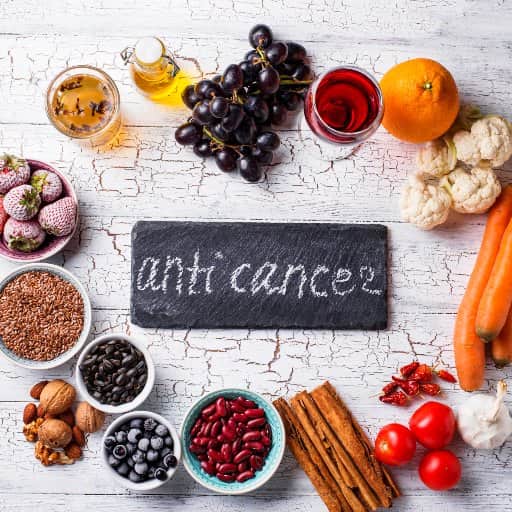




Thank you for explaining that there are some lifestyle modifications that can help with reducing the risk of breast cancer such as breast feeding and taking a brisk walk five times a week. My family has a history of breast cancer and so my daughter has been wondering what she can to do to work on preventing that from happening to her. I’ll be sure to mention these to her so that she can start working on changing her lifestyle and see if it helps her down the road.